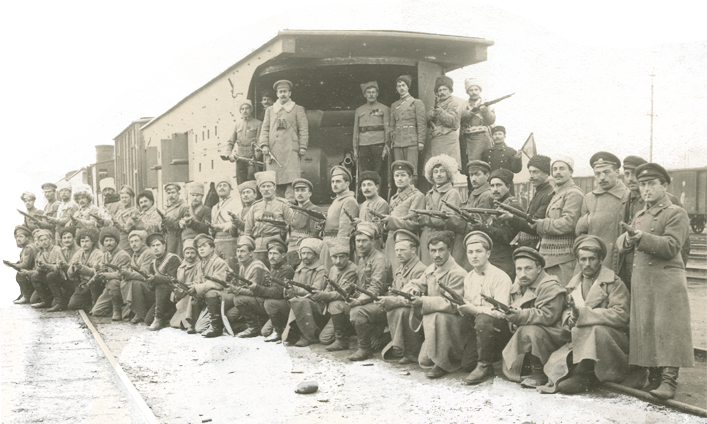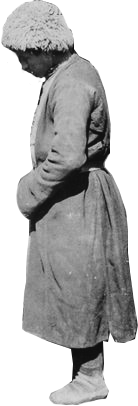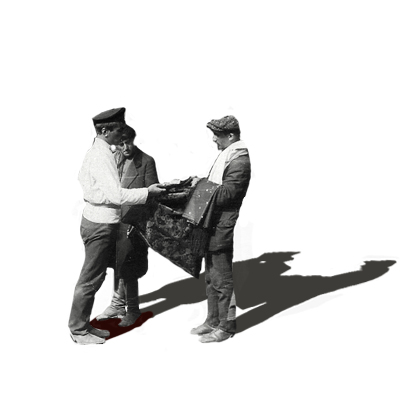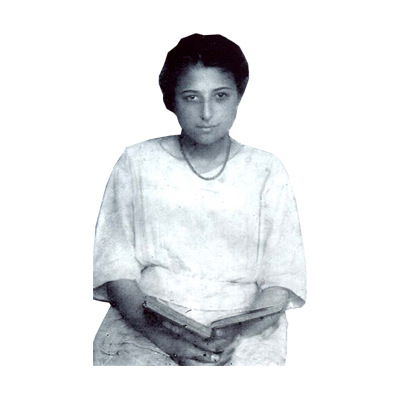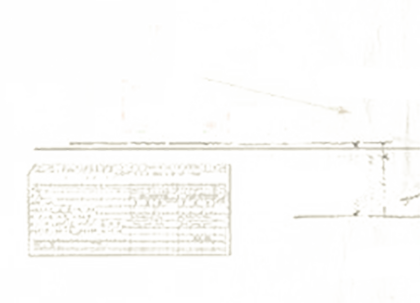

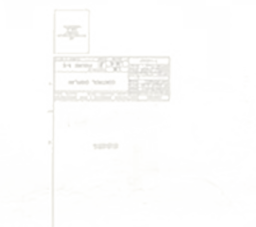

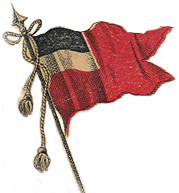

Noe Zhordania
Chairman of the Government of Democratic Reform of Georgia
PoliticsPolitics
Georgia's First Democratic RepublicGeorgia's First Democratic Republic
1919 - 19211919 - 1921
In 1917, Russian armies were forced to withdraw from Transcaucasia. At that time, no term as Georgian citizen existed. After years of forced labor, imprisonment, and exile, with the help of accumulated education and experience, and due to the state of affairs in Transcaucasia, the future of the country was finally decided. On May 26, 1918, the country’s independence was declared by the First Meeting of the National Council of Georgia.
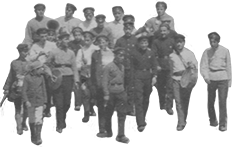
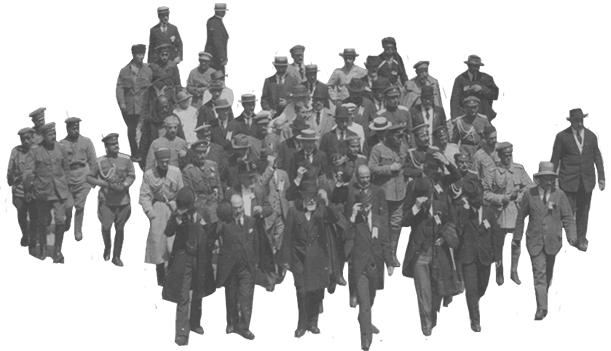

The country’sThe country’s
PositionPosition
May 28, 1918May 28, 1918
With World War I still raging, the May 26, 1918 Act of Independence articulated the country’s stand on war: “Georgia remains a consistently neutral state in international wars.” In a complex geopolitical region like the South Caucasus, neutrality seemed less feasible, but its declaration publicly sent a clear and unequivocal message about the peacemaking aspirations of the Georgian state.
The parliamentary parties of the Republic of Georgia shared almost the same views on foreign trajectory and defense. The May 28, 1918 Act of Cooperation between Germany and Georgia was commended as a necessary and positive step by the majority of the National Council and the country’s population.
Georgia’sGeorgia’s
ArmedArmed
ForcesForces
July 2, 1918July 2, 1918
On July 2, 1918, the Parliament of Georgia approved the Law on the Establishment of Armed Forces. Prominent military figures: Generals Giorgi Kvinitadze and Vasil Gabashvili developed the Draft Plan for the Reorganization of the Georgian Army guided by a territorial principle in the formation of the regular army. The former Red Guards were declared the National Guard of the Democratic Republic of Georgia.
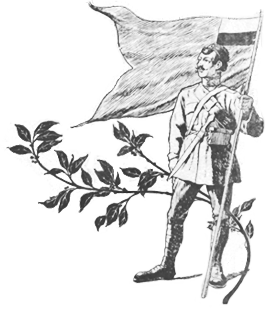

Giorgi Kvinitadze
Georgian military commander, general.

Vasil Gabashvili
Georgian military commander, general.
War with ArmeniaWar with Armenia
October 30, 1918October 30, 1918
The course of action pursued by the Government, which was largely due to a difference of opinion and the tension in Transcaucasia, proved to be justified in many ways. Chairman of the National Council of Georgia Noe Zhordania took into account criticism from the opposition parties and attempted to develop policies and strategies based on a compromise. In 1918-1921, the independent Republic of Georgia successfully staved off attacks from neighboring countries.
War with ArmeniaWar with Armenia
October 30, 1918October 30, 1918
The course of action pursued by the Government, which was largely due to a difference of opinion and the tension in Transcaucasia, proved to be justified in many ways. Chairman of the National Council of Georgia Noe Zhordania took into account criticism from the opposition parties and attempted to develop policies and strategies based on a compromise. In 1918-1921, the independent Republic of Georgia successfully staved off attacks from neighboring countries.
The Democratic Republic of Georgia returned the occupied Province of Lore, freed Abkhazia from rebels, and kept control over the Provinces of Dusheti and Batumi. The 1921 Constitution ensured equality between all in the Democratic Republic of Georgia, and the first elections granted the right to vote to women.

Giorgi Mazniashvili
Georgian military commander, general.
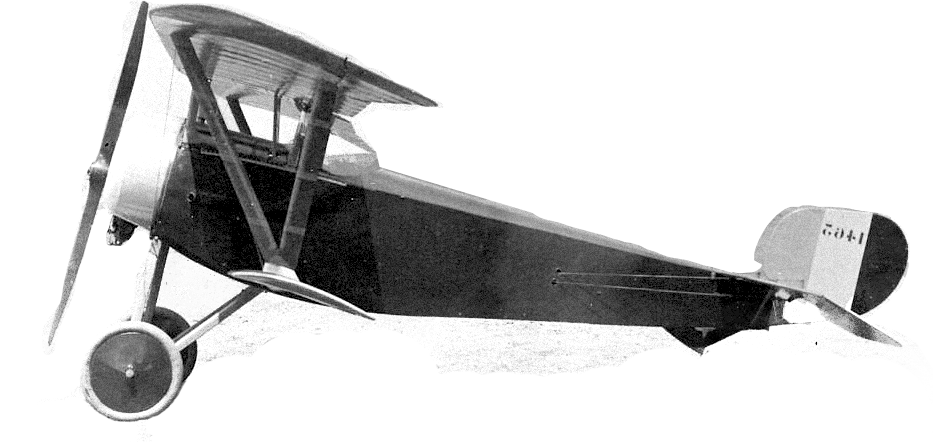
Form of GovernmentForm of Government
1918 year1918 year
The first Government of the First Republic of Georgia was a coalition led by the Chair of Government who, as the Head of Government, was elected for a two-year term by the legislative body and granted the status of the country’s supreme representative. Noe Ramishvili was elected the first Chair of Government of the Democratic Republic of Georgia. Yielding to public demand, however, he was soon replaced by Noe Zhordania, which serves as a clear example of the country’s thriving democracy.
Domestic policyDomestic policy
1918 year1918 year
The member of the National Council substantially disagreed on Domestic policy and economic and social development, and a difference of opinion became especially clear before and after elections. While the Social Democrats were criticized for pursuing a socialist direction in their actions, the Social Federalists and the Social Revolutionary Party accused the authorities of swaying from the principles of socialism and opting for bourgeoisie policy.
Form of GovernmentForm of Government
May 26, 1918May 26, 1918
The parliamentary parties of the Republic of Georgia shared almost the same views on foreign trajectory and defense. The May 28, 1918 Act of Cooperation between Germany and Georgia was commended as a necessary and positive step by the majority of the National Council and the country’s population.
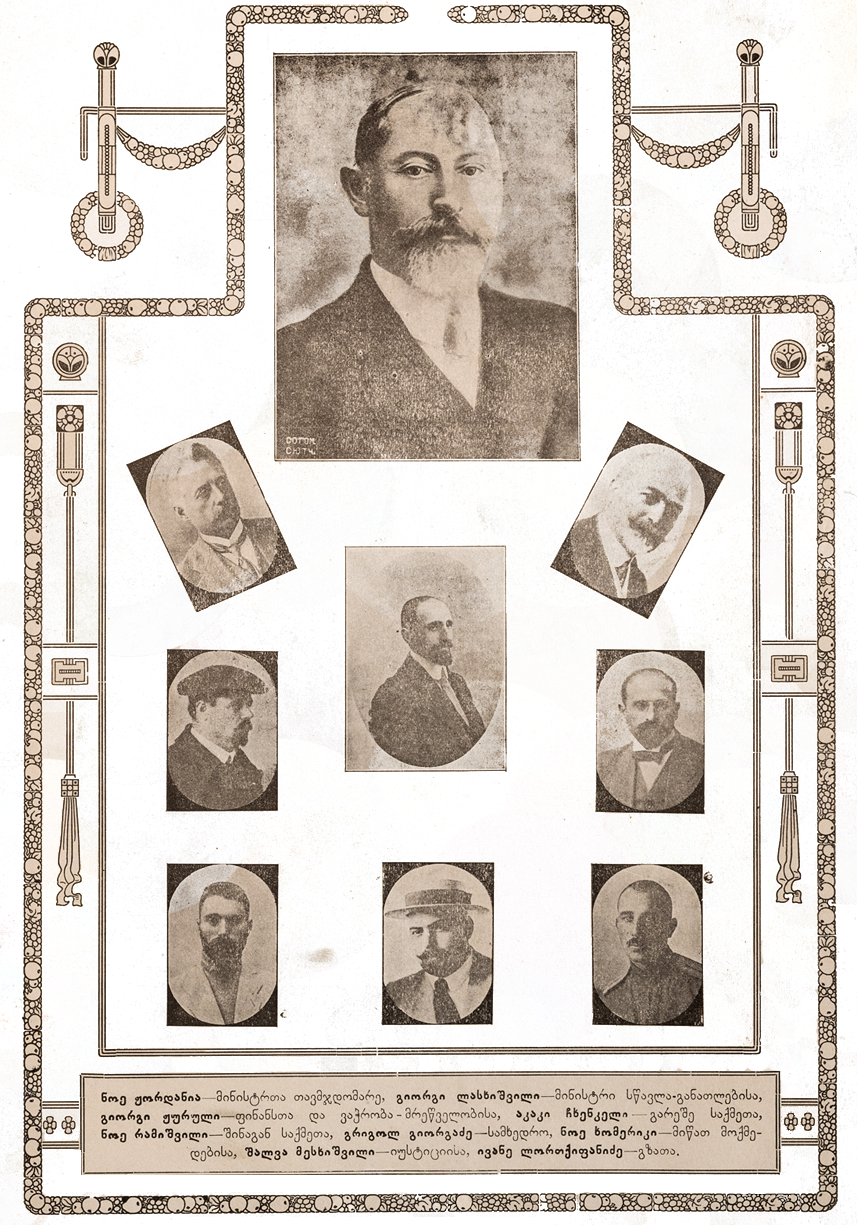
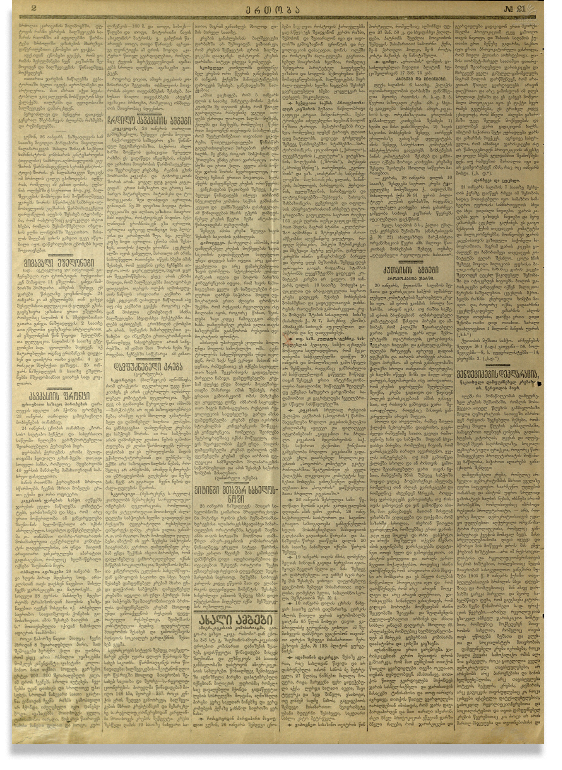
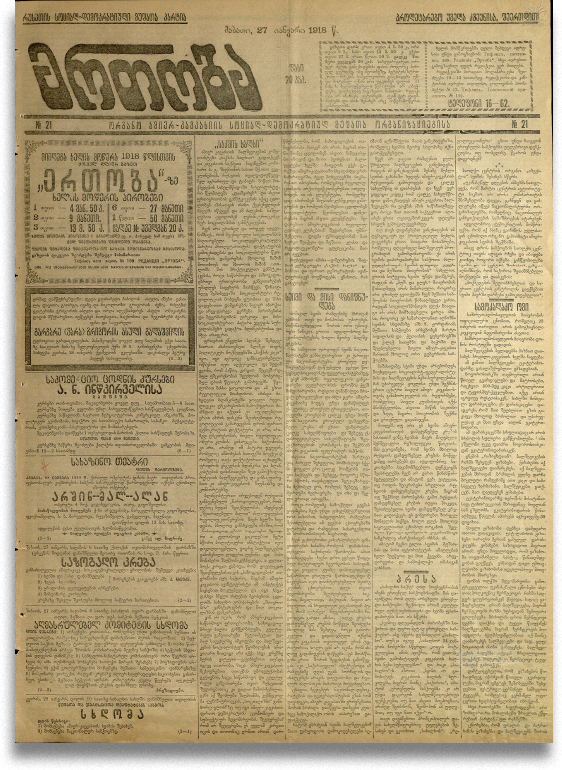
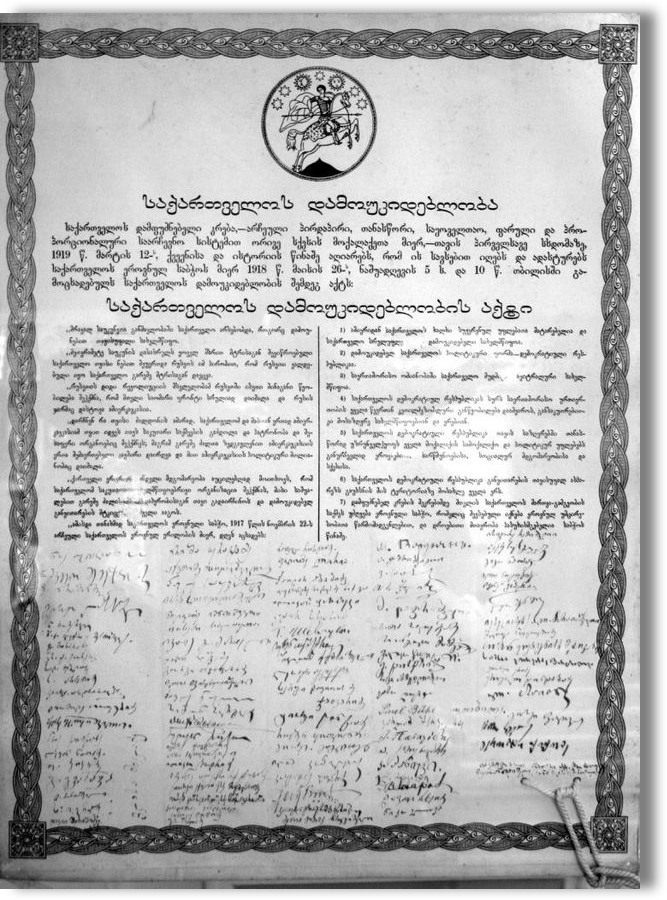
PoliticsPolitics
Georgia's First Democratic RepublicGeorgia's First Democratic Republic
1919 - 19211919 - 1921
